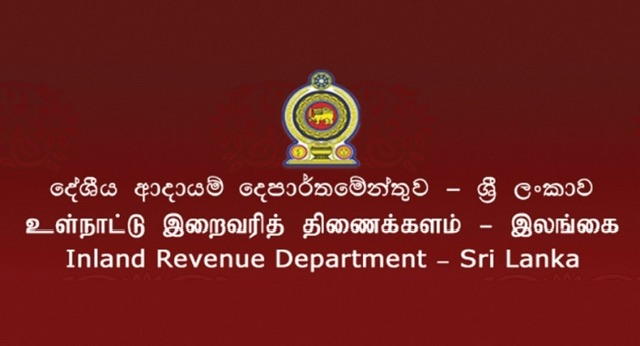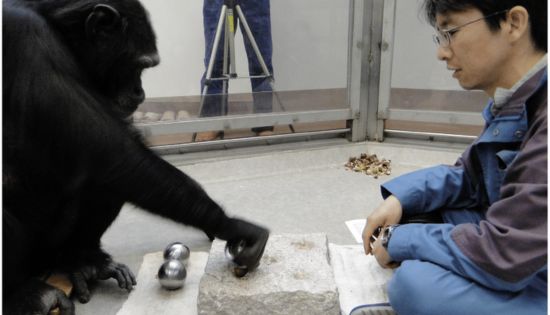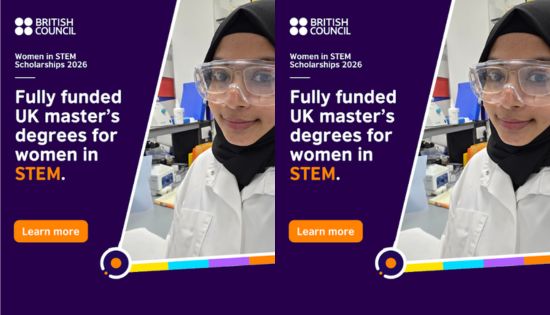Unlocking Sri Lanka’s Potential: Bridging the Gap Between Innovation and Entrepreneurship

As a recent judge at the IEEE Innovation Nation Sri Lanka Provincial Competition, organized by IEEE Young Professionals Sri Lanka, I was privileged to witness something truly inspiring. The event offered a refreshing experience, especially for those of us who are passionate about seeing where the next generation will take Sri Lanka. We saw how bright, young minds particularly Gen Z students from our local universities are approaching big, real-world challenges with fresh ideas and boundless energy.
It was genuinely exciting to see these young people think up solutions that could bring positive change to Sri Lanka, and even to the world. The competition was a powerful reminder of the potential talent in our country. There’s something uniquely uplifting in watching the creativity of young minds flourish, particularly when they focus on issues that matter to our society.
However, the experience also brought attention to a gap in our higher education system a gap that could prevent these ideas from reaching their full potential. While many of the ideas we saw were groundbreaking, most young innovators faced a similar struggle: how to turn their brilliant ideas into sustainable business models. These students excelled in technical knowledge, but few had the business guidance needed to turn their ideas into actual revenue-generating enterprises.
A Systemic Gap in Higher Education
This challenge is bigger than a single event or observation; it’s a structural issue within our education system. Our universities are very effective in equipping students with technical skills, but the business skills needed to turn an idea into a sustainable venture are often missing. Without a business model, even the most revolutionary ideas risk being lost in the ether. An idea must be cultivated, validated, and refined into something that can thrive in a competitive market.
Why Entrepreneurial Training is Essential
In many international tech hubs, universities provide more than technical knowledge they prepare students for real-world business challenges. Business model design, market research, and sales strategies are essential skills that bridge the gap between innovation and entrepreneurship. For Sri Lanka to build a competitive edge, these skills must become an integral part of higher education.
Steps to Bridge the Gap
1. Business Courses within STEM Programs
Incorporating business courses within STEM programs can give students a broader perspective on how to translate their technical skills into viable business solutions.
2. Mentorship Programs
Bringing industry experts into universities as mentors offers students practical insights and the know-how to turn their academic learning into real-world applications.
3. University-Based Incubators and Accelerators
Setting up incubators and accelerators on campuses can help students validate their business models, refine their concepts, and gain hands-on experience in a controlled environment.
A Call to Action
Our young talent is a tremendous asset to Sri Lanka’s future. If we equip these future leaders with the entrepreneurial skills needed to turn their ideas into viable businesses, they can drive job creation, foster economic growth, and position Sri Lanka on the global stage. By strengthening entrepreneurial training in our universities, we can turn the innovative sparks in our students into flames that light the way forward for Sri Lanka.
Chathura Ganegoda (BSc (USJP), MCIM (UK), MBA(UOC))
“Lead the world to New Dimensions.”
LinkedIn – @Chathura Ganegoda
Email – Chathura.d.ganegoda@gmail.com
WhatsApp – +94 777 371 229
Related News
Six Tips For Choosing a Future Career
Not sure what your future career looks like? Here are six tips to help you find the right career for you. 1.…
Read MoreBritish Council Women in STEM scholarships to study in the UK nowopen to Sri Lankans
British Council Women in STEM scholarships to study in the UK nowopen to Sri Lankans For the sixth consecutive year, the British…
Read MoreWuthering Heights: Book vs Movie – Which Resonates More?
Read • Watch • Learn When Emily Brontë published Wuthering Heights in 1847, few expected the novel to become one of the…
Read MoreWycherley International School Dehiwala Hosts Joyful Kiddies Fiesta 2026 Celebration
Wycherley International School Dehiwala welcomed students, parents and teachers to a spirited celebration of childhood at its Kiddies Fiesta 2026 on 11…
Read MoreCourses
-

The future of higher education tech: why industry needs purpose-built solutions
For years, Institutions and education agencies have been forced to rely on a patchwork of horizontal SaaS solutions – general tools that… -

MBA in Project Management & Artificial Intelligence – Oxford College of Business
In an era defined by rapid technological change, organizations increasingly demand leaders who not only understand traditional project management, but can also… -

Scholarships for 2025 Postgraduate Diploma in Education for SLEAS and SLTES Officers
The Ministry of Education, Higher Education and Vocational Education has announced the granting of full scholarships for the one-year weekend Postgraduate Diploma… -

Shape Your Future with a BSc in Business Management (HRM) at Horizon Campus
Human Resource Management is more than a career. It’s about growing people, building organizational culture, and leading with purpose. Every impactful journey… -

ESOFT UNI Signs MoU with Box Gill Institute, Australia
ESOFt UNI recently hosted a formal Memorandum of Understanding (MoU) signing ceremony with Box Hill Institute, Australia, signaling a significant step in… -

Ace Your University Interview in Sri Lanka: A Guide with Examples
Getting into a Sri Lankan sate or non-state university is not just about the scores. For some universities' programmes, your personality, communication… -

MCW Global Young Leaders Fellowship 2026
MCW Global (Miracle Corners of the World) runs a Young Leaders Fellowship, a year-long leadership program for young people (18–26) around the… -

Enhance Your Arabic Skills with the Intermediate Language Course at BCIS
BCIS invites learners to join its Intermediate Arabic Language Course this November and further develop both linguistic skills and cultural understanding. Designed… -

Achieve Your American Dream : NCHS Spring Intake Webinar
NCHS is paving the way for Sri Lankan students to achieve their American Dream. As Sri Lanka’s leading pathway provider to the… -

National Diploma in Teaching course : Notice
A Gazette notice has been released recently, concerning the enrollment of aspiring teachers into National Colleges of Education for the three-year pre-service… -

IMC Education Features Largest Student Recruitment for QIU’s October 2025 Intake
Quest International University (QIU), Malaysia recently hosted a pre-departure briefing and high tea at the Shangri-La Hotel in Colombo for its incoming… -

Global University Employability Ranking according to Times Higher Education
Attending college or university offers more than just career preparation, though selecting the right school and program can significantly enhance your job… -

Diploma in Occupational Safety & Health (DOSH) – CIPM
The Chartered Institute of Personnel Management (CIPM) is proud to announce the launch of its Diploma in Occupational Safety & Health (DOSH),… -

Small Grant Scheme for Australia Awards Alumni Sri Lanka
Australia Awards alumni are warmly invited to apply for a grant up to AUD 5,000 to support an innovative project that aim… -

PIM Launches Special Programme for Newly Promoted SriLankan Airlines Managers
The Postgraduate Institute of Management (PIM) has launched a dedicated Newly Promoted Manager Programme designed to strengthen the leadership and management capabilities…
Newswire
-

TIN certificate mandatory for several key services from April
ON: March 2, 2026 -

Qatar shoots down 2 Iranian Jets
ON: March 2, 2026 -

PCB fines Pakistan players PKR 5 million each after T20 World Cup exit
ON: March 2, 2026 -

Hakeem slams Govt for aligning with US-Israel Position
ON: March 2, 2026









